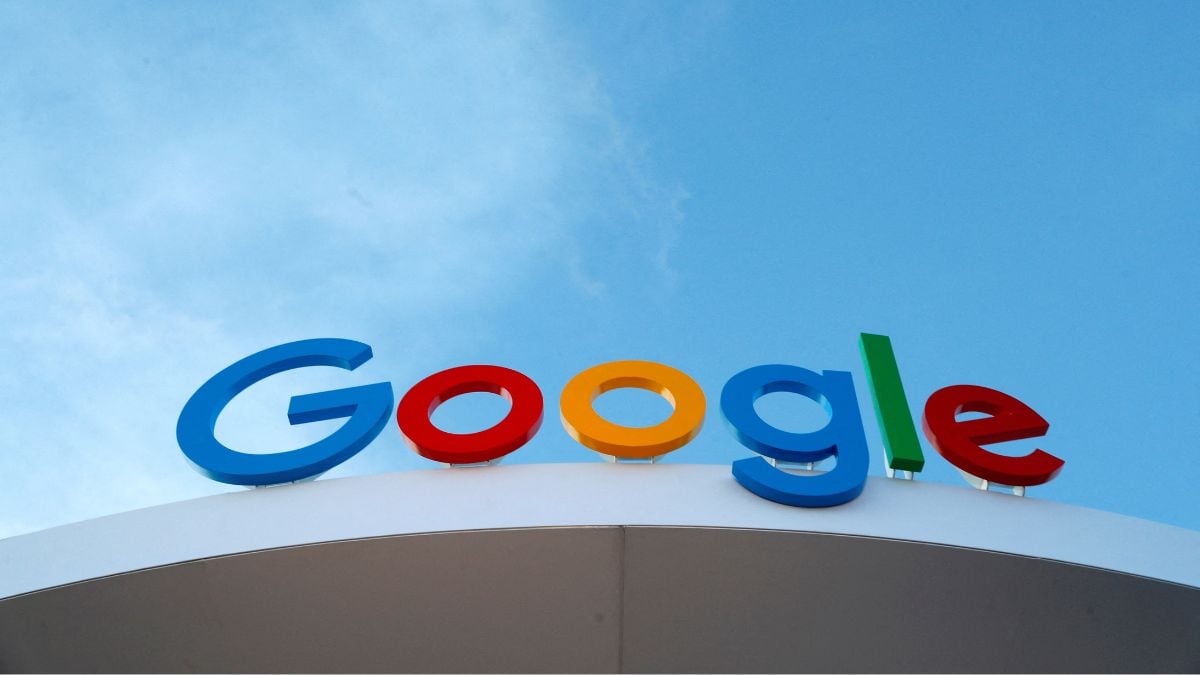Google has revealed notable scientific breakthroughs made this year that were possible due to advancements in artificial intelligence (AI) technology. On Monday, Google DeepMind co-hosted the inaugural edition of the AI for Science Forum in London alongside the Royal Society. During the event, the Mountain View-based tech giant recapped achievements such as using an AI model to predict protein structures, expanding its flood forecasting system, and wildfire detection and tracking system. DeepMind was also able to build a system that is capable of controlling plasma with a nuclear fusion reactor.
Google Outlines Its Major Scientific Breakthroughs in 2024
The tech giant stated that AI has played a key role in the ongoing year in solving many confounding problems in science using its computational techniques. The company also emphasised that AI is not a replacement for scientists but can become a crucial assistant for them.
One of the biggest achievements of Google DeepMind was when the AI research wing of the tech giant used its AlphaFold 2 AI model to predict structures of 200 million proteins. The company highlighted that this discovery pushed the scientific community decades ahead as the determination of the 3D structure of a single protein can take up to a year. Notably, Demis Hassabis and John Jumper, the individuals behind the project were awarded the Nobel Prize in Chemistry 2024 for this discovery.
Google also partnered with Lichtman Lab at Harvard to map a piece of the human brain of an unprecedented level of detail. This project was released this year and revealed structures within the human brain that were previously unseen.
In 2024, AI also helped Google improve its prediction and tracking systems. The company’s riverine flood forecasting system was expanded at scale in 2024 and now covers 100 countries and 700 million people globally. The tech giant also partnered with the US Forest Service to develop the FireSat AI model that can detect and track wildfires as small as the size of a classroom within 20 minutes.
GraphCast, a machine learning research model developed by Google DeepMind, can now predict the tracks of cyclones. The company claims it can predict such weather-based disturbances faster and more accurately compared to traditional weather simulation systems.
Advances were also made in mathematical reasoning and quantum computing. DeepMind’s AlphaGeometry AI system, which was launched in 2024, solved complex geometry problems at a level similar to a human Olympiad gold medallist. Google researchers also worked with UC Berkeley and Columbia University to perform chemical simulations on a quantum computer to predict chemical reactivity and kinetics.
Looking towards sustainable energy, the tech giant announced the Graph Networks for Materials Exploration (GNoME) which discovered 3,80,000 materials that are stable at low temperatures, opening new avenues to make better solar cells, batteries, and potential superconductors.
The tech giant also made breakthroughs in nuclear fusion, which is considered the energy of the future. Collaborating with the Swiss Plasma Center at the Swiss Federal Institute of Technology Lausanne, Google DeepMind announced the development of an AI system that can control the plasma inside a nuclear fusion reactor without any manual assistance. This is still a work in progress, but the company said it is a critical step towards stable fusion and abundant clean energy.
























